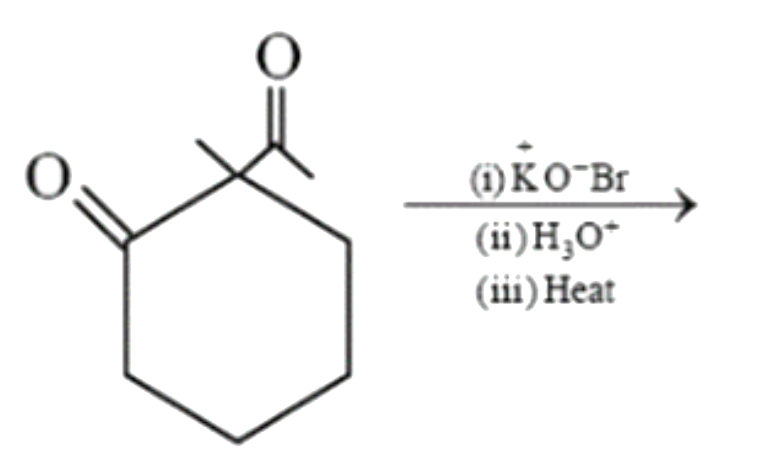If two neutrons are added to an element X then it will get converted to its
Isotope
Isotone
Isobar
None of the above
To solve the question, we need to analyze what happens when two neutrons are added to an element X.
1. Understanding the Element X:
- Let’s denote the element X with its atomic number (Z) and mass number (A). The atomic number (Z) represents the number of protons in the nucleus, while the mass number (A) is the total number of protons and neutrons.
2. Adding Neutrons:
- When we add two neutrons to element X, the number of neutrons increases by 2. The new mass number (A') will be:
A′=A+2
- The atomic number (Z) remains unchanged because neutrons do not affect the number of protons.
3. Identifying the Type of Element:
- Isotopes are defined as atoms of the same element (same atomic number Z) that have different mass numbers (A). Since we have not changed the atomic number but only increased the mass number, the new element formed after adding two neutrons is an isotope of the original element X.
4. Conclusion:
- Therefore, when two neutrons are added to element X, it gets converted to its isotope.
Final Answer:
The correct option is isotope.
- Let’s denote the element X with its atomic number (Z) and mass number (A). The atomic number (Z) represents the number of protons in the nucleus, while the mass number (A) is the total number of protons and neutrons.
- When we add two neutrons to element X, the number of neutrons increases by 2. The new mass number (A') will be:
A′=A+2
- The atomic number (Z) remains unchanged because neutrons do not affect the number of protons.
- Isotopes are defined as atoms of the same element (same atomic number Z) that have different mass numbers (A). Since we have not changed the atomic number but only increased the mass number, the new element formed after adding two neutrons is an isotope of the original element X.
- Therefore, when two neutrons are added to element X, it gets converted to its isotope.
The correct option is isotope.
Topper's Solved these Questions
- BOOK - CENGAGE CHEMISTRY ENGLISHCHAPTER - ATOMIC STRUCTUREEXERCISE - Exercises (Subjective)52videos
ATOMIC STRUCTURE
- BOOK - CENGAGE CHEMISTRY ENGLISHCHAPTER - ATOMIC STRUCTUREEXERCISE - Exercises Linked Comprehension50videos
ATOMIC STRUCTURE
- BOOK - CENGAGE CHEMISTRY ENGLISHCHAPTER - APPENDIX - INORGANIC VOLUME 1EXERCISE - chapter-7 Single correct answer1videos
APPENDIX - INORGANIC VOLUME 1
- BOOK - CENGAGE CHEMISTRY ENGLISHCHAPTER - CHEMICAL BONDING AND MOLECULAR STRUCTUREEXERCISE - Archives Subjective15videos
CHEMICAL BONDING AND MOLECULAR STRUCTURE
Similar Questions
Knowledge Check
- Question 1 - Select One
What causes the inactive form of Bt toxin i.e., protoxin to get converted into its active form in the body of an insect ?
ATemperature of the gutBEnzymes present in the salivaCAlkaline pH of the gutDThere is no specific reason - Question 2 - Select One
According to the periodic law of elements, the variation in properties of elements is related to their :
atomic masses
nuclear masses
atomic numbers
nuclear neutron-proton number ratios.Aatomic massesBnuclear massesCatomic numbersDnuclear neutron-proton number ratios.
Calculate the number of neutrons present in the nucleus of an element X which is represented as 3115X.
View SolutionHow much energy is released by ATP when it gets converted to ADP ?
View SolutionA radioactive element X decays to give two inert gasesX is
View SolutionM,Mn&Mp denotes the masses of a nucleous of .ZXA a neutron, and a proton respectively. If the nucleus is separated in to its individual protons and neutrons then
View SolutionThe number of neutrons in the element Be is
View SolutionIs it possible for the atom of an element to have one electron, one proton and no neutron. If so, name the element.
View Solution


